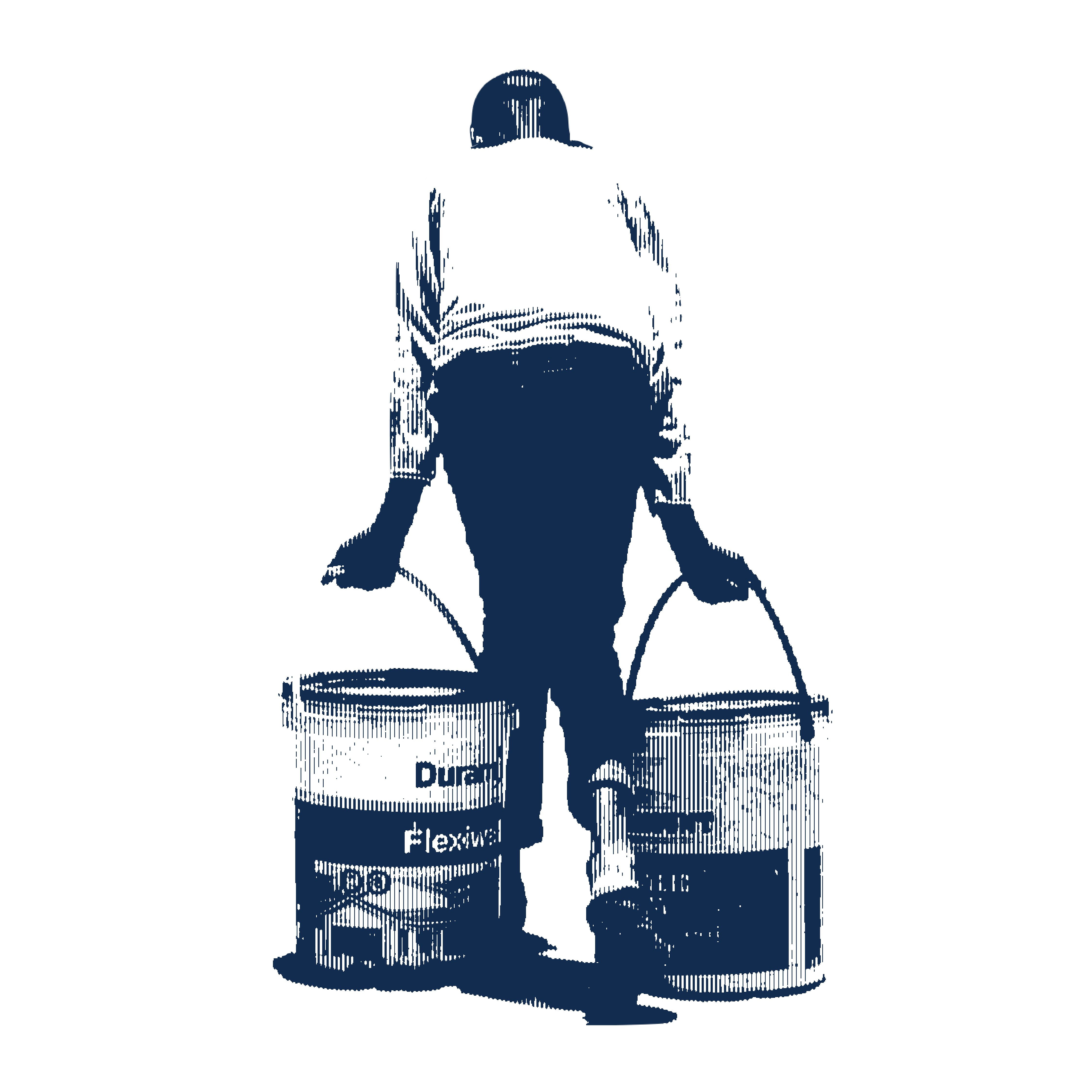The taxi creaked and squeaked as we followed the trail of water down the tarred road that leads to the Greater Makurdi Water Works, a project whose commissioning has been delayed over half a dozen times. The trail expands out in all directions as we find commercial water tankers parked all around the facility, filling up on a resource so scarce in a town waiting too long for access to safe drinking water.
Makurdi, the capital of Benue state, lies in the Middle Belt region of Nigeria along the banks of the River Benue (one of two major rivers in the country) and has a population of about 600,000. Like dozens of other Nigerian towns, Makurdi is a weird blend of urban and rural expressions, split geographically into about a dozen neighborhoods.
Marketing water has turned into a veritable business here, as reflected in the many water tanks that dot the roadsides in several neighborhoods. With a capacity of about 1,500 to 2,000 gallons each, these tanks are serviced directly by the tanker trucks I observe. Then there are the dozens and dozens of water vendors referred to as mai ruwa, which is the Hausa dialect for "water seller." These vendors sell from carts lined with about 10 to 12 jerry cans, 20 liters each. The young and not so young sellers push their carts up and down the slopes under the blistering heat.
As I wondered aloud on the number of water vendors in the town, Uche, the jolly giant, my taxi driver and man-about-town, informs me that this population was rather small considering my visit was during the rainy season when most residents "harvest" water. Makurdi experiences a typical climate with two distinct seasons: the rainy and the dry. The rainy season lasts from April to October with annual rainfall in the range of 60 to 70 inches. The intense rain starts decreasing in September.
As we bounced here and there in his beat-up car, I learn that during the height of the dry season, when wells and streams dry up, the population of vendors doubles. Uche, who hails from the eastern part of Nigeria, has lived in Makurdi for over 26 years. He testified that during that time pipe-borne water has never flowed in his home, or any other home, for that matter, in the neighborhood where he lives.
"The water conditions here are terrible," he said, adding, "We are saved by the man who lives down the road and allows us to come to fetch water from his borehole. Many spend NGN 100 (about $0.60) and even more every day to get water and it's not as if we earn that much. Most people here are poor." And this is a fact plain to see as we drive around.












